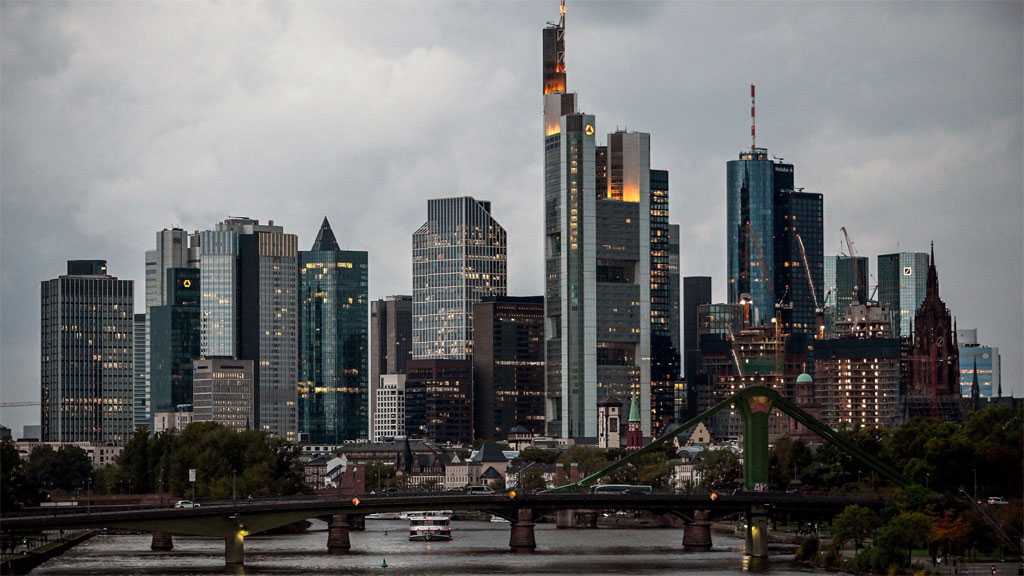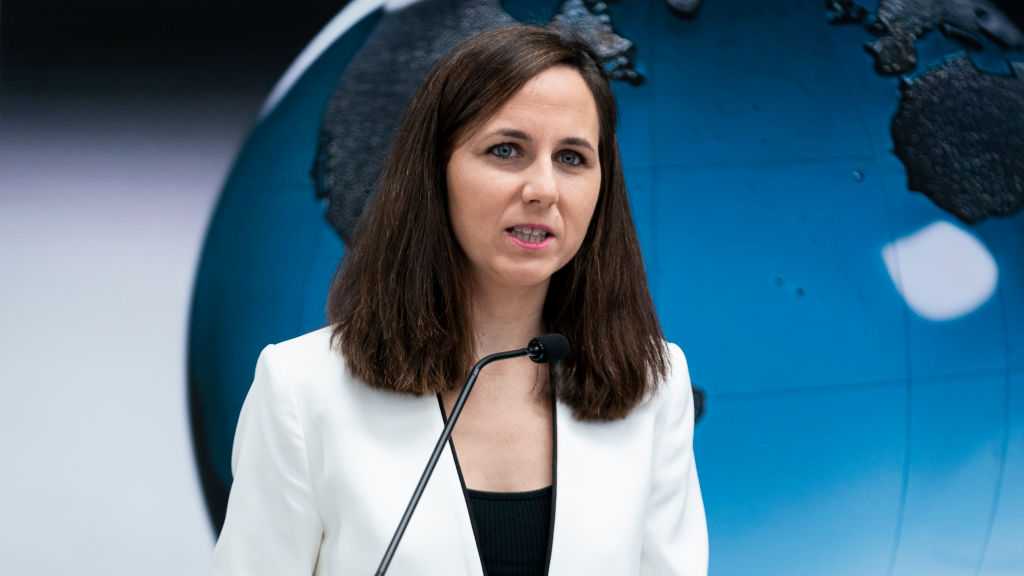
Germany: Inflation Hits 70-year High

By Staff, Agencies
German inflation soared to double-digit levels for the first time in more than 70 years, underlining the precarious state of Europe’s largest economy, which leading economists warned could shrink by up to 7.9 per cent next year in a worst-case scenario.
Chancellor Olaf Scholz responded to soaring energy costs on Thursday by announcing plans for a €200bn cap on gas prices, which he described as a “defensive shield” to be financed by extending an off-balance sheet fund set up to provide aid during the coronavirus pandemic.
Consumer prices in Germany rose 10.9 per cent in the year to September, accelerating from 8.8 per cent in August, according to a flash estimate published by the federal statistical agency on Thursday. It is the first time German inflation has reached double-digit levels since 1951 and the increase is expected to lift overall eurozone inflation to a new record of 9.7 per cent when those figures are released on Friday.
The increase in German prices — which rose 2.2 per cent month on month — was driven by the expiry of temporary measures to shield households and businesses from the impact of high prices, such as a fuel duty cut and a subsidised €9 monthly train ticket.
Energy prices rose 43.9 per cent in the year to September, accelerating from 35.6 per cent growth in August, while food prices surged 18.7 per cent against 16.6 per cent a month earlier. Services price growth accelerated to 3.6 per cent from 2.2 per cent.
Germany’s top economic institutes said the country would expand by 1.4 per cent this year, contract by 0.4 per cent in 2023 and grow by 1.9 per cent in 2024. But they also warned the economy could shrink by 7.9 per cent next year in the event of an unusually cold winter and the introduction of gas rationing in industry.
“If we get a much colder winter gas consumption will grow significantly, which will increase the likelihood of a gas shortage,” said Torsten Schmidt of the Leibniz Institute for Economic Research. “That will have more of an impact on GDP than we’ve assumed in our forecast.”
As temperatures fall in Germany, gas consumption by households and businesses rose sharply in the past week to 14.5 per cent above the average over the past four years, the federal network agency said on Thursday. Klaus Müller, head of the agency, said the change was “very sobering” while adding that the situation could rapidly change.
The institutes said inflation would rise to 8.8 per cent next year, slightly higher than this year’s level of 8.4 per cent, though it would decline to 2.2 per cent in 2024.
Comments
- Related News



